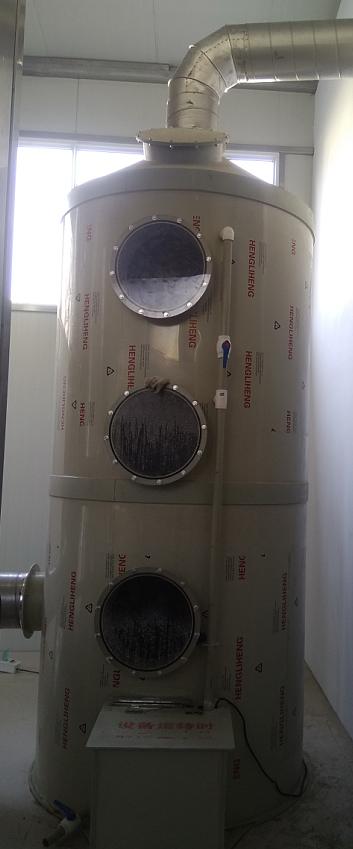Break Strength Testing Equipment for Manufacturers of Tensile Testers and Strength Measurement Tools
Understanding Tensile Testers for Break Strength Analysis
In the world of materials science and engineering, ensuring that materials can withstand operational stresses is paramount. Tensile testers, also known as tensile strength testers, play a crucial role in this evaluation by measuring the break strength of various materials. Manufacturers of these testing machines provide essential tools for engineers and researchers in numerous industries, including textiles, plastics, metals, and composites. This article explores the importance of tensile testers, their working principles, and their benefits in quality control and material development.
The Importance of Tensile Testing
Tensile testing measures the force required to pull a material to the point of failure. This process is critical for understanding the mechanical properties of materials, such as tensile strength, elongation, and modulus of elasticity. By determining these properties, manufacturers can predict how materials will behave under different loads and conditions, thereby ensuring reliability and safety in their applications.
For example, in the aerospace and automotive industries, components must meet strict safety standards. Minor failures in materials can lead to catastrophic consequences. Thus, using a tensile tester helps engineers select suitable materials and ensure that every component can endure the stresses of real-world applications.
Structure and Operation of Tensile Testers
Tensile testers typically consist of several key components a load frame, grips, an extensometer, and a computer interface for data analysis. The load frame provides the necessary force to stretch the material sample, while the grips hold the sample securely in place during testing. An extensometer, often attached to the sample, measures the elongation as the material is pulled.
The testing procedure is straightforward. A sample is prepared according to standardized dimensions and protocols. Once placed in the grips, the tensile tester gradually applies an increasing load while continuously recording the stress and strain. The machine continues this process until the material fails, providing valuable data throughout the testing phase. This data is then analyzed to generate a stress-strain curve, which displays the material's response to tension.
Choosing the Right Tensile Tester
tensile tester for break strength manufacturers

When selecting a tensile tester, manufacturers must consider several factors, including the type of material being tested, the maximum load capacity required, and specific testing standards applicable to their industry. For instance, textiles and plastics often require different testing approaches compared to metals. It is vital to choose a tensile tester that can accommodate the specific characteristics of the materials in question.
Additionally, modern tensile testers come equipped with advanced features, such as digital interfaces, automated testing cycles, and integrated software for data analysis. These features enhance the user experience and improve the accuracy and reproducibility of test results.
Benefits of Using Tensile Testers in Manufacturing
The benefits of incorporating tensile testers into manufacturing processes are numerous. Firstly, they provide precise measurements that are vital for quality control. By routinely testing materials, manufacturers can detect faults early in the production process, thereby minimizing waste and avoiding costly recalls.
Secondly, tensile testing aids in material development. By understanding the characteristics and limitations of materials, manufacturers can innovate and produce improved products that meet both performance and safety standards. This not only enhances the competitive edge of a manufacturer but also contributes to advancements in technology.
Finally, tensile testers assist in compliance with industry regulations. Many sectors require documented proof of a material's strength and durability. Utilizing a certified tensile tester allows manufacturers to comply easily with these regulatory requirements, thereby building trust with their customers.
Conclusion
Tensile testers for break strength analysis are indispensable tools in the materials testing realm. They provide critical insights that help manufacturers ensure the reliability and safety of their products. By understanding how tensile testing works and selecting the right equipment, companies can enhance their quality control processes, innovate in material development, and comply with industry regulations, ultimately leading to better products and safer applications.
-
Unleashing the Potential of Digital Profile Projectors
NewsMay.22,2025
-
Smoke Density Test Machines for Fire Safety Assessment
NewsMay.22,2025
-
Revolutionizing Testing with Electronic Tensile Tester
NewsMay.22,2025
-
Innovations in Resistance Test Equipment
NewsMay.22,2025
-
Exploring High Performance Cable Cross Linking Equipment
NewsMay.22,2025
-
Advancements in Conductor Resistance Test Equipment
NewsMay.22,2025
 Copyright © 2025 Hebei Fangyuan Instrument & Equipment Co.,Ltd. All Rights Reserved. Sitemap | Privacy Policy
Copyright © 2025 Hebei Fangyuan Instrument & Equipment Co.,Ltd. All Rights Reserved. Sitemap | Privacy Policy
